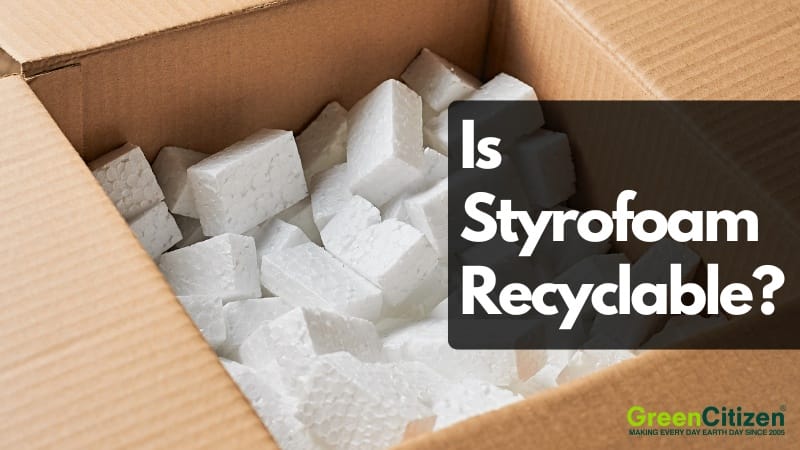
Is Styrofoam Recyclable?
What really happens when you try to recycle Styrofoam?
Discover the ultimate guides to greener living. Reduce your carbon footprint, create an eco-conscious home, and embrace a sustainable lifestyle. Trust our unbiased reviews of green products. Exclusive, valuable content you won’t find elsewhere. Join the movement now!
We are committed to your privacy.

Climate goals, fair labor, and transparency—these companies lead with integrity.
Responsible computer recycling isn’t just smart — it’s strategic.
Learn why ethical certifications matter and how they support social and environmental responsibility in today’s market.
Learn how to achieve water-saving goals in cooling systems. Save water, reduce costs, and enhance environmental sustainability.
Is your favorite brand as ethical as they claim to be? or are they just greenwashing you?
Are you looking for a job in environmental companies? Check out our thorough list before sending your resume.
More and more people are waking up to the realities of climate change and global warming, sparking a

Say no to synthetic fluff — your sleep (and lungs) deserve better.
Sleep tight, don’t let the VOCs bite.
What if your next burger could help save the planet?
Ride electric, ride ethical — meet the e-scooter brands doing sustainability right.
Go further, cleaner, and smarter — with e-bikes built for the planet.
Diapers that care for your baby and the planet? Yes, they exist — and here are the brands
Small bins, big impact. Meet the eco-brands behind cleaner kitchens.

Before you spend over $3K on a solar generator, here’s what the Jackery 3000 Pro actually delivers.
What the Jackery 1000 Pro can (and can’t) do — without the marketing fluff.
The Bluetti EP500 is big, bold, and built for more than just weekend camping.
Still one of the most trusted names in portable solar — but is the Explorer 500 showing its age?
Is Bluetti really the future of portable solar power — or just overhyped?
Think of it as a Tesla Powerwall you can roll around.
Clean energy, fast charging, and enough ports for a party. But what’s the catch?

Before you spend over $3K on a solar generator, here’s what the Jackery 3000 Pro actually delivers.
What the Jackery 1000 Pro can (and can’t) do — without the marketing fluff.
The Bluetti EP500 is big, bold, and built for more than just weekend camping.
Still one of the most trusted names in portable solar — but is the Explorer 500 showing its age?
Is Bluetti really the future of portable solar power — or just overhyped?
Portable, powerful, and solar-ready — but is the Jackery 1000 watt generator really worth the hype?
Think of it as a Tesla Powerwall you can roll around.
Those outdated wires may be valuable—here’s how to recycle them.
Only 20% of cell phones get recycled every year — be responsible and make the correct choice!
Don’t let your old laptop battery be a ticking time bomb—discover safe ways to recycle it!
Thinking of buying a refurbished laptop? Explore quality checks, costs, and who benefits the most from these budget-friendly
One laptop in a landfill = decades of lead and mercury contamination. Here’s how to stop it.
Is an old CRT TV gathering dust in your basement? Find out how to get rid of it